Dead Can Dance were one of the signature sounds of the ethereal, alternative Eighties, 4AD stablemates with Cocteau Twins and art-Goth contemporaries like Daniella Dax, reaching their commercial peak in the Nineties before disbanding in 1998. In 2012, Mayan end-date or no, they reunited in the studio for the well-received Anastasis (‘Resurrection’) on PIAS Recordings, exploring a wide world of indigenous sounds combined with electronics, and the Australian-British duo’s signature baritone and mezzo-soprano voices. Brendan Perry’s is a deep, sonorous instrument carrying all before it, including the gravel, a strong tidal river without a shore, while Gerrard’s ethereal chants and ullulations voyage through alternative tonal ranges with great aplomb.
Dionysus, their first album since 2012,and their ninth since forming in 1981, celebrates the cult of the vegetal god of wine who sprang from Zeus’s thigh after his mother had been incinerated by seeing her immortal lover in the raw. The album’s cover sports the mask of a Mexican Huichol shaman, for whom the metaphysical expansion of peyote would have been a regular companion, and across its two long, multipart tracks, a mystic underworld of sounds and wordless, intoxicated vocals progresses through the ritual of Dionysis, from the opening, sea-drenched account of the god’s birth “Sea Borne”, through to the driving force of “Dance of the Baccantes” to the calming, quieting closure of ceremonies in “Psychopomp”.
There’s a huge range of musical textures here, reflecting the spread of the Dionysus cult throughout the ancient worlds and into our own; Perry spent two years in researching and assembling his sources, and the instrumentation ranges from Brazilian berimbau and Russian balalaika on “Dance of the Bacchantes” to the mix of the bowed Bulgarian gadulka and Aztec flutes on the second piece of the first Act, “Liberator of Minds”, while daf (Iranian) and davul (Turkish) drums, zither and Slovenian flute also appear, alongside sweeping Arabic strings and north African ullulations strongly reminiscent of Paul Bowles’ celebrated field recordings from Morocco, released some years back by Smithsonian Folkways.
Dionysus represents abandon, out-of-body motion, ecstasy, derangement and festival. He is a vegetation god, a force of rebirth, sexuality and violence – the Baccantes were raging fires, not shrinking violets – and there is a visceral presence in this music that summons up the primal, the ecstatic, and the serene, in that order. While it could easily slip into pomp and pretension, Perry and Gerrard’s deft way of creating a unified soundscape from such a disparate range of influences and instruments makes this a real treat, and given that Dionysus’s birth was celebrated at what we know now as Christmas – the festival of Saturnalia – it’s just the soundtrack for that day’s ritual of feasting. That, and music to watch ancient Greek gods by.

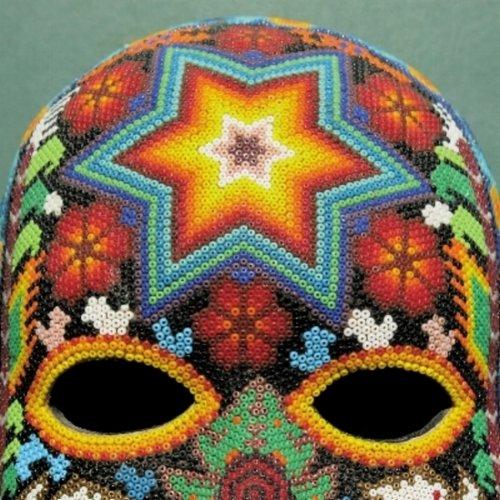



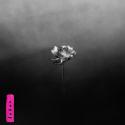
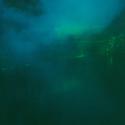

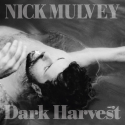



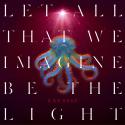
Add comment